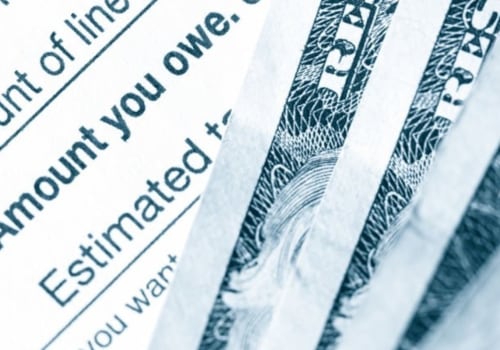The IRS usually sends several notices before garnishing your salary. These notices are called the IRS collection notice flow (usually 5 IRS notices) and provide you with several opportunities over several months to pay your tax bill or enter into an agreement with the IRS. Part of your salary may be exempt from tax and you will be paid the exempt amount. The exempt amount is based on the standard deduction and on a certain “amount”, calculated in part based on the number of dependents you are allowed during the year in which the fee is paid.
The IRS mails Publication 1494PDF with the tax, which explains to your employer how to determine the amount exempt from the tax. Your employer will provide you with a dependent and marital status return for you to complete and return within three days. If you don't return the return within three days, your exempt amount is calculated as if you were married and filing a separate return with no dependents (zero). If you have other sources of income, the IRS can assign the exemptions to the other source of income and collect 100% of the income from a particular employer.
The notice will indicate the amount you owe. This includes penalties and interest in addition to the principal tax debt. It will also give you a deadline to pay your balance. This gives you an opportunity to stop the IRS wage garnishment before it can begin.



